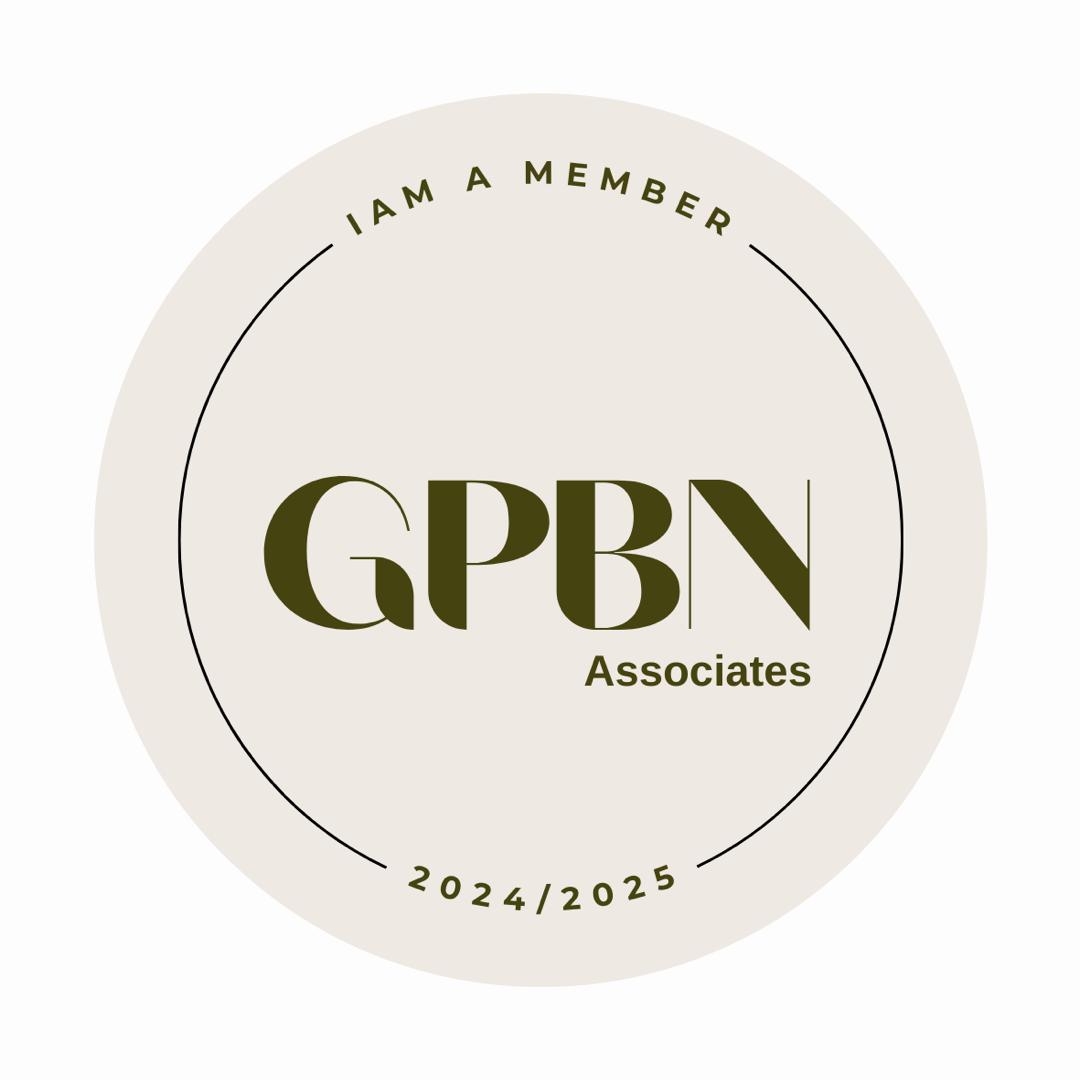In recent weeks, there have been reports circulating about the alleged increase in tuition fees at federal government-owned universities in Nigeria.
However, the Presidency has stepped forward to clarify the situation, asserting that these reports are incorrect.
President Bola Ahmed Tinubu’s commitment to providing every Nigerian with access to quality tertiary education, regardless of their economic background, remains unwavering.
Touchaheart Nigeria reports on the true state of affairs, backed by quotes from the Special Adviser to the President on Communication, Dele Alake.

Federal Universities in Nigeria: Tuition-Free and Accessible
To put any doubts to rest, Dele Alake stated in a clear statement on Wednesday that federal universities in Nigeria remain tuition-free.
This reaffirms the government’s dedication to ensuring that higher education is accessible to all citizens, irrespective of their parents’ financial circumstances.
The government firmly believes in the transformative power of education and is determined to support students in pursuing their academic aspirations without financial barriers.
Misinterpretations of Increment in Unity Schools and Federal Universities
While there have been reports of fee increments in certain educational institutions like the Federal Unity Colleges and some federal universities, it is essential to distinguish these fees from tuition charges.
The Federal Ministry of Education issued a directive to increase the fees for new students enrolling in Federal Government Colleges to ₦100,000.
However, it is crucial to note that these fees encompass various aspects and activities within the school, such as tuition, boarding fees, uniforms, textbooks, deposits, exercise books, prospectus, caution fees, ID cards, stationery, clubs and societies, sports, extra lessons, insurance, and more.
University of Lagos (UNILAG) Fee Adjustments
The management of the University of Lagos (UNILAG) also announced fee adjustments for undergraduate students.
For those studying medicine, the fees increased from N19,000 to N190,250, while students in courses requiring laboratory and studio facilities are to pay N140,250.
However, it is important to understand that these increments were proposed by the Senior Staff Association of Nigerian Universities, UNILAG branch, and approved by the Vice-Chancellor, Prof. Folasade Ogunsola.
Clarification on Increment: Not Tuition Fees
Dele Alake clarified that the reported fee increments are not tuition fees but rather discretionary charges imposed by each university for specific services such as hostel accommodation, registration, laboratory use, and other related activities.
The universities have been explicit in explaining the rationale behind these additional charges.
Government’s Support for Indigent Students
Dele Alake also highlighted the government’s proactive steps to support students facing financial constraints.
He revealed that the Students’ Loans Scheme, which was signed into law by President Tinubu last month, will be implemented ahead of the next academic session in September.
Moreover, the Federal Government is actively working to strengthen other mechanisms, including work-study opportunities, merit-based scholarships, and grants, to ensure that diligent students complete their education on time, regardless of their parents’ financial situation.
What You Should Know
In conclusion, the reports suggesting that President Bola Tinubu increased tuition fees in federal government-owned universities are incorrect.
The federal universities in Nigeria remain tuition-free, a testament to the government’s commitment to providing accessible and quality tertiary education for all Nigerian citizens.
The reported increments in certain educational institutions are not tuition fees but discretionary charges for specific services.
With the Students’ Loans Scheme and other support mechanisms, the government is dedicated to helping indigent students overcome financial obstacles and achieve their educational goals.
Education remains a top priority, and the government’s efforts underscore its determination to create a brighter future for all through knowledge and learning.



































































